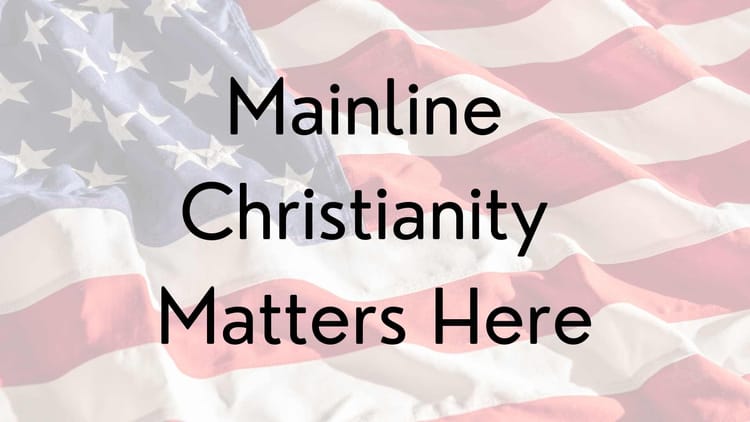Keep Prayerbook Revision Weird

What did General Convention just decide?
The Episcopal Church’s General Convention today passed resolution A068, “Plan for the Revision of the Book of Common Prayer.” As a deputy on the floor of the Convention, it took me a while to figure out what happened. (I voted against the resolution, but I’m a team player so I’m moving on.)
Here’s the backstory on this resolution:
In 2015, the last General Convention empowered a commission to prepare a plan for revising the prayerbook. That commission did excellent and comprehensive research, then presented two options: 1) begin a full revision process immediately; 2) begin a revision process by studying and translating the prayerbook we have.
When I arrived at General Convention, I expected we would choose one of these two options. I was Team Option Two.
At General Convention, a legislative committee received the report of the commission. They also held open hearings where multiple people expressed a desire to begin revision immediately. The committee brought forward Option One, proposing Resolution A068, “Plan for the Revision of the Book of Common Prayer.” (This particular resolution is not currently available since it has been superseded.)
The House of Deputies passed Resolution A068 a few days ago, sending it to the House of Bishops with a recommendation that they concur.
But the bishops didn’t concur. At first they debated. Then, a substitute resolution was proposed by Bishop Andy Doyle of Texas. This new A068 was neither Option One nor Option Two. It was a new option.
The bishops passed it. Twitter said the vote was almost unanimous.
Hoping that Bp @TexasBishop ‘s substitution, which passed the HoB virtually unanimously, will pass unscathed through the HoD. #gc79
— David Beadle (@davidbeadle) July 10, 2018
Then it came back to the House of Deputies. We discussed it.
See, the fun thing about this debate is that because the bishops’ language is so twisty, no one is entirely sure what they’re arguing for or against. #gc79
— Megan Castellan (@revlucymeg) July 11, 2018
Then, in just about ten minutes, we passed it. What did we do?
The resolution began a process of prayerbook revision. It…
- Authorizes the ongoing work of liturgical and Prayer Book revision
- Creates a Task Force on Liturgical and Prayer Book Revision (TFLPBR)
- Commits bishops to engage worshiping communities in creating alternative texts to offer to the wider church
- Urges each diocese to create a liturgical commission to be a clearinghouse for these liturgies to be forwarded to the Task Force on Liturgical and Prayer Book Revision
The resolution fixes longstanding translation issues. It…
- Directs the Standing Commission on Liturgy and Music to translate the current prayerbook and authorized liturgies fully into Spanish, French, and Haitian Creole. (I was floored to realize that a prayerbook authorized in 1979 wasn’t fully available to the church.)
- Requires that all liturgies be translated into the church’s three languages prior to consideration for approval
And then, the resolution does things nobody seems to understand…
- Memorialize the 1979 Book of Common Prayer
What does “memorialize” mean to you?
I got your memorialize right here #gc79
— Winnie Varghese (@wsvarghese) July 11, 2018
To me, it means we’re keeping prayerbook revision weird. Nobody understands exactly what we did, and apparently that’s fine. We are certainly not throwing out the 1979 BCP. We’re definitely still using it, learning from it, praying with it, and giving thanks for its place in our worship life.

Yet, at the same time, we are being invited (as local bishops support this move), to experiment, to innovate, to develop new liturgies. A group is being authorized to receive those liturgies and to consider moving them forward for approval.
In another three years we will learn from this experiment. We will gather as a church in Baltimore for the 80th General Convention.
Prayerbook revision will be on the agenda.
What does this new decision mean to you?




Member discussion